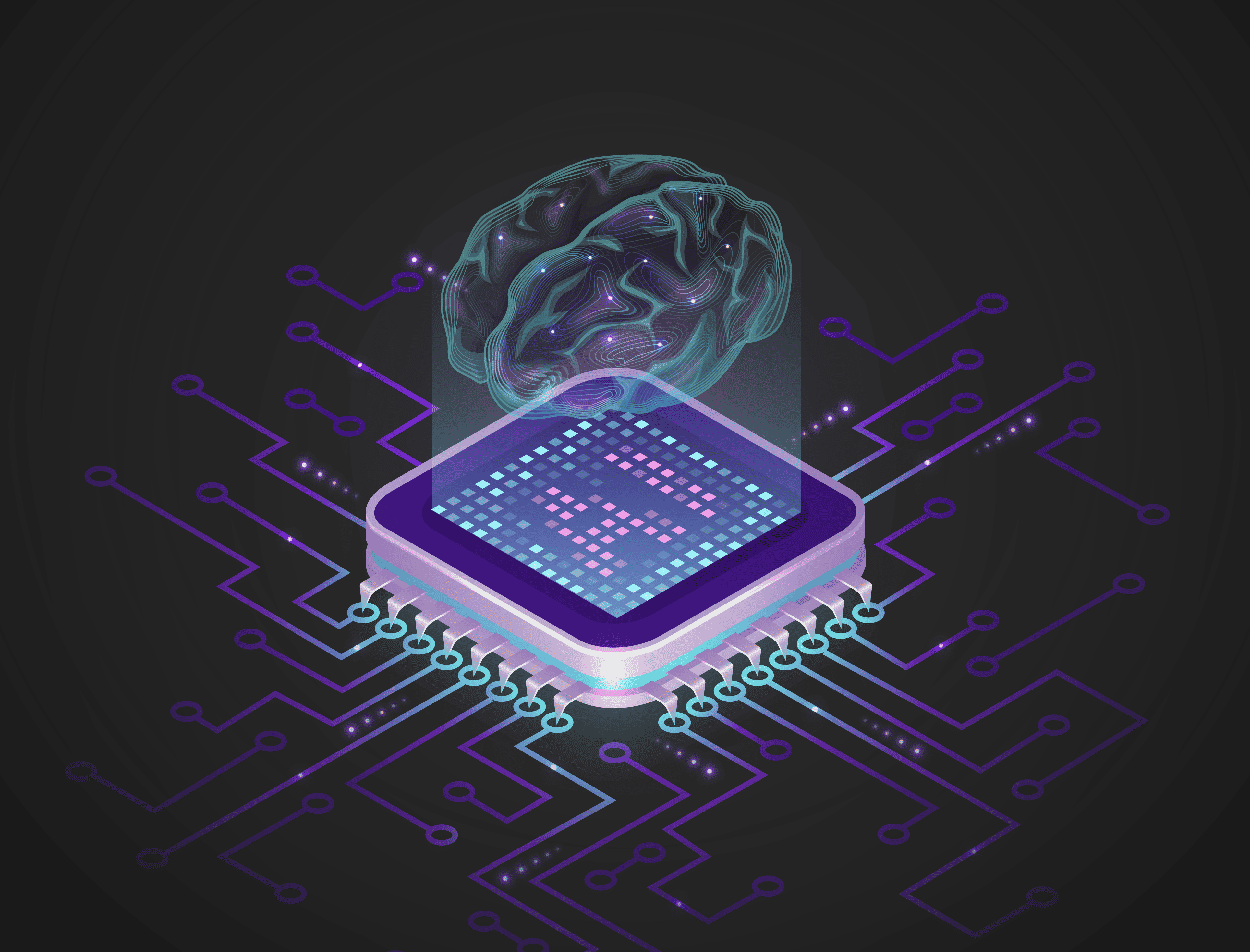Join our newsletter



Artificial Intelligence (AI) continues to evolve, shaping industries and redefining operational norms. For Chief Technology Officers (CTOs), the challenge lies not only in adopting AI technologies but also in building teams with the right talent to stay ahead in an increasingly competitive landscape. As 2025 approaches, three AI roles stand out as critical for organizations to successfully harness AI's potential.
AI ethics specialists ensure AI systems align with organizational values and comply with regulatory standards. The growing concerns over data privacy, algorithmic bias, and decision-making transparency have made ethical AI deployment a cornerstone of business strategy. Gartner predicts that by 2025, 70% of enterprises will mandate ethical AI practices to maintain trust and avoid reputational damage.
For CTOs, hiring an AI ethics specialist mitigates risks associated with misaligned AI implementations and fosters stakeholder trust. With stricter regulations, such as the EU's AI Act, ensuring compliance and ethical oversight will no longer be optional.
As businesses prioritize efficiency and cost reduction, demand for AI-driven automation is skyrocketing. An AI automation strategist designs and implements workflows that leverage tools like robotic process automation (RPA), natural language processing (NLP), and machine learning.
According to McKinsey, AI automation could contribute $13 trillion to the global economy by 2030, with the most significant value derived from its ability to streamline operations and reduce costs.
An AI automation strategist bridges the gap between technical AI capabilities and business objectives. By embedding this role in your AI team, you ensure alignment between operational goals and technological innovations, driving sustainable growth.
AI is no longer confined to the tech team; its applications span industries, from healthcare to finance. AI product managers are pivotal in ensuring that AI-powered solutions address real-world problems, deliver measurable value, and remain scalable. Gartner anticipates that by 2025, AI products will account for 30% of new software releases.
For CTOs, hiring AI product managers ensures that AI initiatives are technically sound and commercially viable. They act as a critical link between technical teams and business stakeholders, driving the adoption of AI products that deliver ROI.
To attract and retain top AI talent, CTOs must:
The AI landscape 2025 will demand specialized roles beyond traditional data science. By prioritizing AI ethics specialists, automation strategists, and product managers, CTOs can future-proof their organizations, ensuring they are not just users of AI but leaders in its application. The competition for top talent will be fierce, making proactive planning essential for success in this rapidly evolving field.